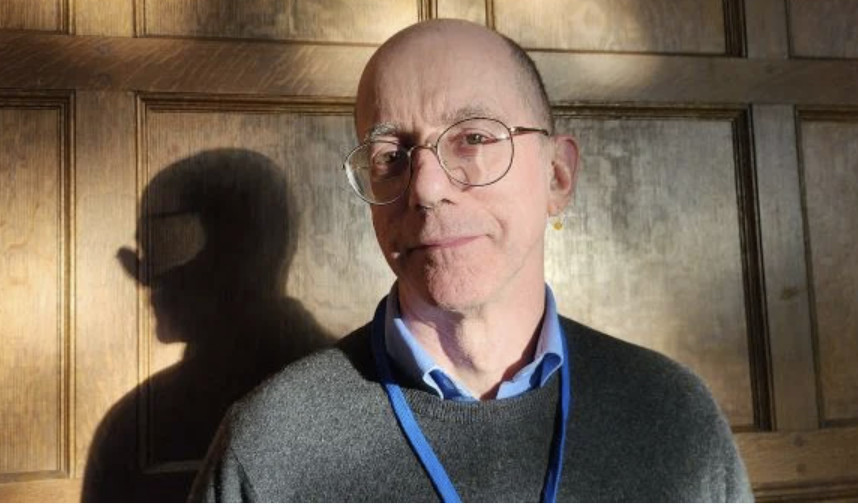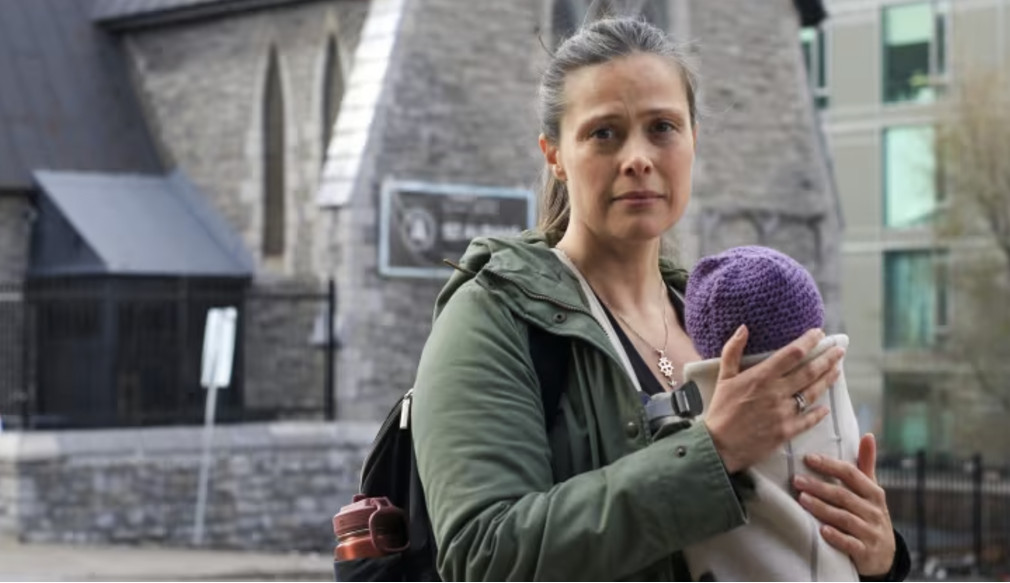
When Donald Trump won the White House for the second time, I was not unhappy with the result in spite of his evident character flaws so blatantly – even proudly – on display. I agreed with many of the things he attempted to do in his first term and the alternative candidate was so much worse.
The credit Trump accumulated in my mind was squandered yesterday in his meeting with Ukraine’s President Zelensky.
Even during Trump’s first term, he struck me as a character extracted from a comic book; a cardboard cutout, two dimensional, a Marvell hero or villain, depending on your viewpoint. If I were to compare Trump to a character in literature, it would be Rex Mottram in Brideshead Revisited. Here is Mottram’s wife’s assessment of her husband:
“He wasn’t a complete human being at all. He was a tiny bit of one, unnaturally developed; something in a bottle, an organ kept alive in a laboratory. I thought he was a sort of primitive savage, but he was something absolutely modern and up-to-date that only this ghastly age could produce. A tiny bit of a man pretending to be whole.”
One could argue that Trump’s arrogance, braggadocio, pomposity, and hyper-inflated ego are all part of the package, as is the frequent nonsense he spouts with such relish. After all, it’s the end result that counts. I probably did say that to myself; but no more.
The pilgrimages foreign leaders have been making to the Oval Office remind me that in the exercise of raw power, nothing ever changes. Just as weaker kings used to bring offerings to stronger kings to appease them, so they continue to do so. Kier Starmer’s was the most nauseating, particularly when he produced the Letter From the King. Trump lapped it up.
Zelensky’s visit was very different. He didn’t grovel enough. He was insufficiently grateful for the beneficence of the dominant super-power. He didn’t say thank you enough.
When Zelensky attempted to make his case in a language that was not his native tongue, he was shouted down, bullied and ejected.
Quite possibly Trump’s attempt to come up with a peaceful solution was genuine; perhaps Zelensky should have abased himself more thoroughly. Either way, what we witnessed was the exercise of raw power of the strong over the weak.
Although one probably shouldn’t apply this to nation states, Malcolm Muggeridge had a point when he used to say “You can have love or power, but you can’t have both”.
Peter Hitchens was correct in this article published today:
Well, at least the silly myth that America is the world’s kindly sugar daddy has been killed off forever. I do not like Donald Trump and I feel quite sorry for Ukraine’s President Zelensky. But Friday night’s White House melodrama will be good for the world, if only we heed it. And if you think nothing like it has ever happened before, you are gravely wrong.
It is indeed a wake-up call for Canada and Europe. The US is not our friend; nation’s do not have friends, they have allies; sometimes the allies are rather disagreeable regimes. Whether the US is Canada’s ally remains to be seen; either way, we can no longer depend on the US to be our sugar daddy.
Like this:
Like Loading...
RECENTLY I had the opportunity to watch the documentary 1946: The Mistranslation that Shifted Culture. This movie follows the stories of three individuals whose life experiences lead them to struggle with questions about whether one could be a member of the 2SLGBTQIA+ community and Christian. This search brings these three individuals together and ultimately leads to this project. A key part of this journey was to explore how homoexuality found its way into the Bible. As it happens, the first time the word appears is in the 1946 English translation of the Revised Standard Version (RSV). In developing this edition, the group of 22 white men, chose to combine two words from the original Greek, malakoi and arsinoskoitai, found in 1 Corinthains 6:9-10, to become ‘homosexuality’.



 When Donald Trump narrowly avoided an assassin’s bullet last year, many Christians, and Trump himself, ascribed the near miss to providential intervention. Trump’s ear did not go unscathed, but he rarely seems to listen to anything but his own voice, so it didn’t get much productive use anyway.
When Donald Trump narrowly avoided an assassin’s bullet last year, many Christians, and Trump himself, ascribed the near miss to providential intervention. Trump’s ear did not go unscathed, but he rarely seems to listen to anything but his own voice, so it didn’t get much productive use anyway.
 My mother read Kenneth Grahame’s Wind in the Willows to me when I was a small child. As soon as I could read for myself, I reread it. I’ve reread it numerous times as an adult; it is a wonderful book.
My mother read Kenneth Grahame’s Wind in the Willows to me when I was a small child. As soon as I could read for myself, I reread it. I’ve reread it numerous times as an adult; it is a wonderful book.
 According to data available as this issue was being prepared, attendance at Anglican Church of Canada Easter and Christmas services rose by 41 and 50 per cent respectively in 2023, even while average Sunday attendance fell by nine per cent over the same period—substantially faster than the decline of about 2.5 per cent per year before the pandemic, says the church’s statistics officer, Canon Neil Elliot.
According to data available as this issue was being prepared, attendance at Anglican Church of Canada Easter and Christmas services rose by 41 and 50 per cent respectively in 2023, even while average Sunday attendance fell by nine per cent over the same period—substantially faster than the decline of about 2.5 per cent per year before the pandemic, says the church’s statistics officer, Canon Neil Elliot. St. Alban’s rector Rev. Michael Garner said the centre first opened in the church in 1979, relocated to Murray Street, and then returned to the King Edward site around 2012.
St. Alban’s rector Rev. Michael Garner said the centre first opened in the church in 1979, relocated to Murray Street, and then returned to the King Edward site around 2012.